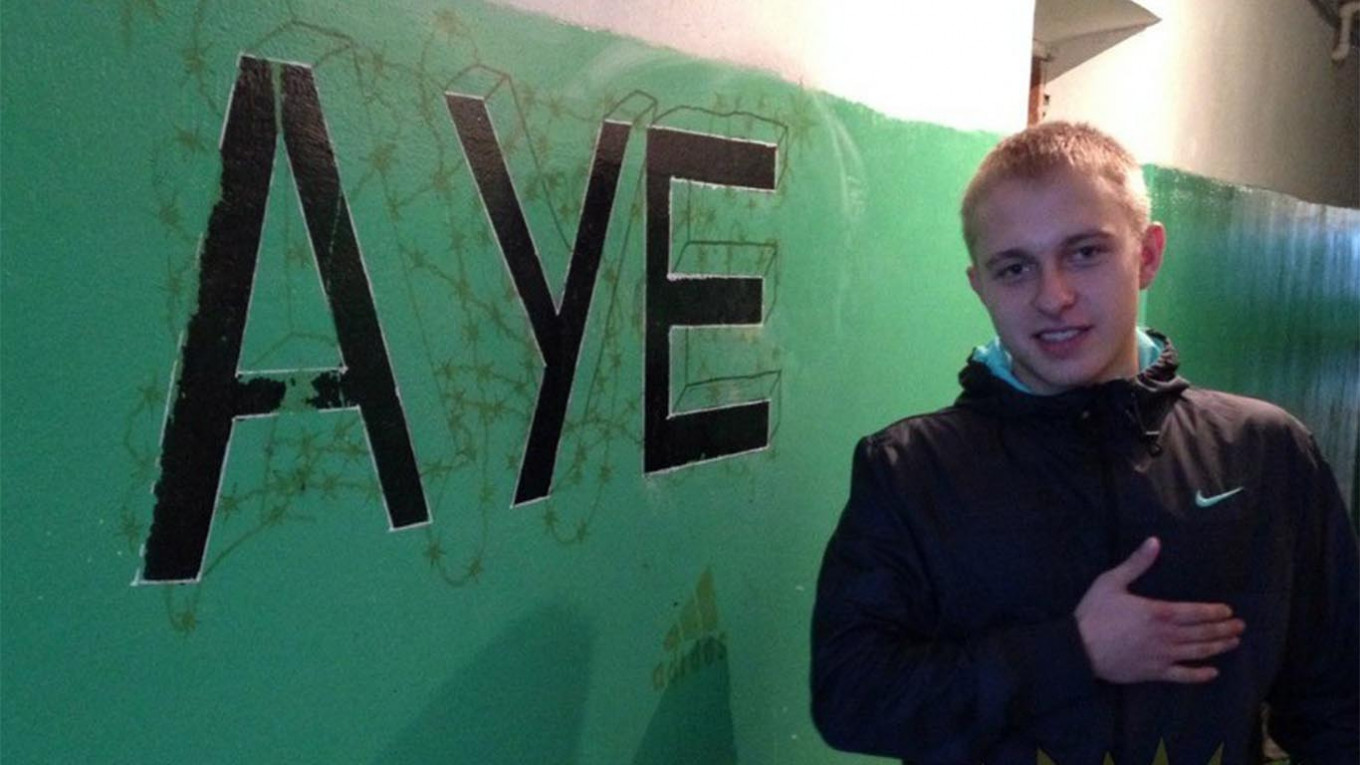
Russia has blacklisted a popular informal movement that pushes youngsters into the criminal underground as an extremist organization, Interfax reported Monday.
AUE (“Arestantsky. Uklad. Edin,” or “Prison. Order. Universal”) is based on prison culture and consists mostly of children and teenagers ruled indirectly by adult criminals. Authorities warn that AUE “poses a real threat to the life and health of citizens, society and the state.”
“The Russian Supreme Court has granted the Russian Prosecutor General’s Office’s administrative claim by declaring the Arestantsky. Uklad. Edin movement [to be] extremist and banning its activity,” federal prosecutors told Interfax.
“The court has found that AUE is a well-structured and managed organization,” they added. “Members of AUE, according to the General Prosecutor’s Office, have committed extremist offenses and mass riots.”
AUE’s activity is “based on criminal and extremist ideology and poses a real threat to the life and health of citizens,” the prosecutor’s office said.
Children and teenagers were actively recruited into the movement, it added, because “their psyche is most susceptible to destructive effects.”
The Supreme Court ruling — made behind closed doors — effectively equates AUE to the Islamic State and the Taliban.
Its members now face up 12 years in prison on charges of organizing an extremist group.
An unnamed law enforcement source told the state-run TASS news agency that AUE has up to 34,000 active members in 40 Russian regions. Up to 40% of them are aged 13-17, they added.
The presidential human rights council raised concerns about AUE in 2016, claiming that its young members were forced to donate money to prisoners in 18 regions.
This year, investigators in Siberia’s Tyumen region launched an internal probe after video emerged of regional law enforcement officials celebrating a colleague’s promotion by shouting AUE slogans.
A court in Voronezh south of Moscow in 2019 declared AUE a constitutional threat to Russia because it places so-called “thief-in-law philosophy and prison code” above Russia’s legal system.

Leave a Reply